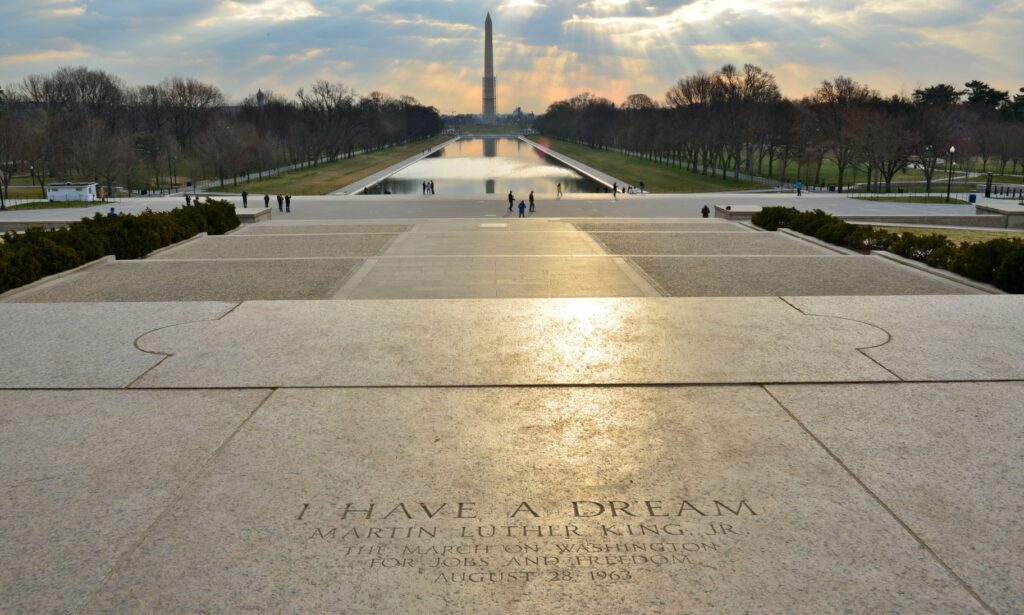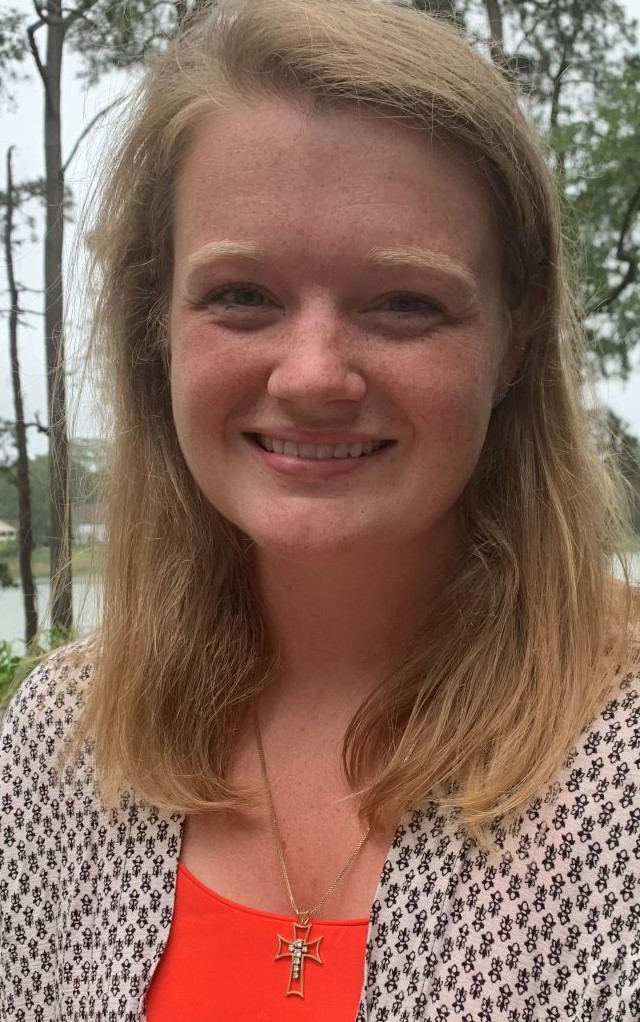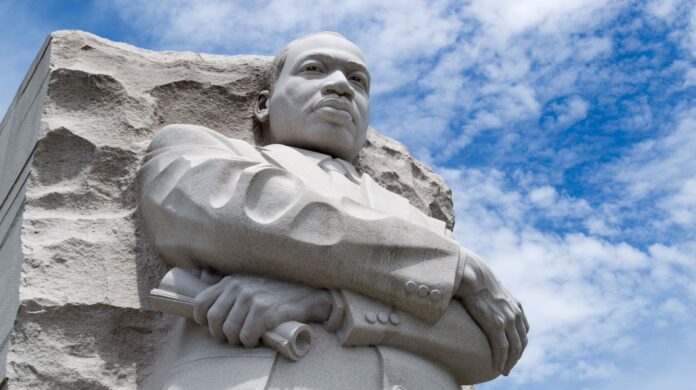“I have a dream that my four little children will one day live in a nation where they will not be judged by the color of their skin but by the content of their character.” – Martin luther king, jr.
By Sarah Wall
“I have a dream that my four little children will one day live in a nation where they will not be judged by the color of their skin but by the content of their character…”
Few words have rattled the social structure in modern-day America, like Martin Luther King, Jr.’s 1963 “I Have a Dream” speech. Most Americans would probably agree that he was the major force behind the end of Jim Crow laws and government-sanctioned segregation in the South more than anyone else in the Civil Rights Movement.
But who was Martin Luther King, Jr.? Some of his profound words might provide the answer – and on the day we commemorate him and his contributions to America, they might illuminate the path we should strive for today.
“Injustice anywhere is a threat to justice everywhere. We are caught in an inescapable network of mutuality, tied in a single garment of destiny. Whatever affects one directly affects all indirectly.” Letter from Birmingham Jail, April 1963
King was a deep believer in the Christian perspective of personalism: that God is personal, has made Himself available to people, and has given us “inviolable dignity.” Faith drove him to action: since African Americans have dignity bestowed on them by God, segregation is an injustice contrary to moral, natural law.
“We need not follow the do-nothingism of the complacent or the hatred and despair of the black nationalist. There is a more excellent way of love and nonviolent protest.” Letter from Birmingham Jail, April 1963

King was not afraid of creating “tension,” as he termed it, with nonviolent direct action (e.g., refusing to leave a segregated lunch counter). But he never advocated for his supporters to use violence, explaining how that would only lead to “floods of blood” in the South. His commitment to peace was one reason public opinion shifted in less than a decade to support Civil Rights.
“So the question is not whether we will be extremist, but what kind of extremists we will be. Will we be extremists for hate, or will we be extremists for love? Will we be extremists for the preservation of injustice, or will we be extremists for the cause of justice?” Letter from Birmingham Jail, April 1963
In the decades since King’s work, some historians and academics have suggested that he wasn’t radical enough and that other leaders were more appropriately revolutionary in the fight for equality. But against a system of crippling racism and official segregation, King wasn’t afraid to be an “extremist.” He highlighted other “extremists” throughout history – Paul the Apostle, Thomas Jefferson, Abraham Lincoln. Like them, he said, standing up to an unjust system with moral, nonviolent tactics might make him an extremist, but it might also make him a hero.
“The marvelous new militancy, which has engulfed the Negro community, must not lead us to a distrust of all white people. For many of our white brothers, as evidenced by their presence here today, have come to realize that their destiny is tied up with our destiny. And they have come to realize that their freedom is inextricably bound to our freedom.” ‘I Have a Dream,’ August 1963
King advocated for equality by way of integration. This sentiment was not necessarily shared by all of King’s contemporaries, some of whom feared that the unique Black identity would be lost in an integrated society. But King believed people of every race and ethnicity living together in harmony, free to celebrate both our similarities and differences, would be the ultimate fulfillment of America’s foundational promise.
The final words of Martin Luther King, Jr.’s “I Have a Dream” speech need no commentary:
“And when this happens, and when we allow freedom to ring, when we let it ring from every village and every hamlet, from every state and every city, we will be able to speed up that day when all of God’s children, black men, and white men, Jews, and Gentiles, Protestants, and Catholics, will be able to join hands and sing in the words of the old Negro spiritual: ‘Free at last. Free at last. Thank God Almighty, we are free at last.’”

Sarah Wall is the newest contributing writer for Smart Women Smart Money Magazine. For questions or comments email [email protected].










